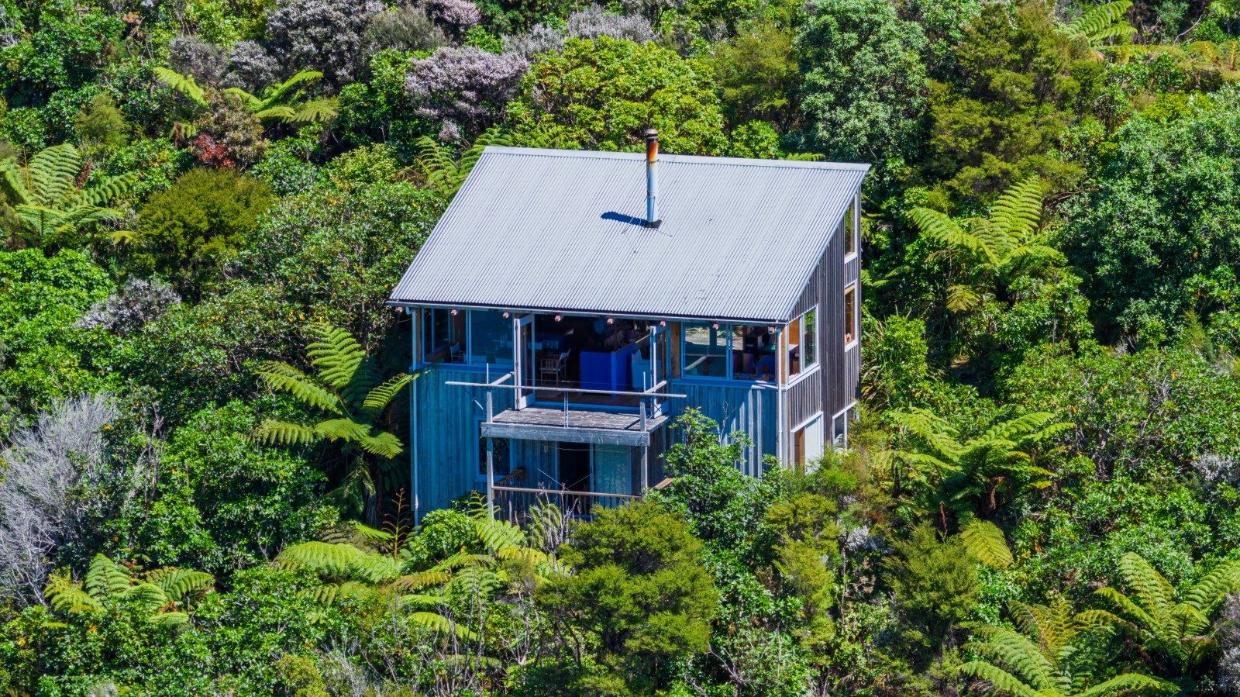Buying guide
Apartment buying in NZ
The insider's guide to smarter, savvier property purchases

How to buy an apartment in Aotearoa New Zealand
The pros and cons of buying an apartment
Pros of buying apartment
Cons of buying an apartment
Buying an apartment - due diligence checklist
Before you buy an apartment it's important that you do your due dilligence.
Pre-purchase inspections and amenities
Filter by location to find an apartment right where you want to be.
Location, rules and restrictions
The size of the apartment
Buying an apartment FAQS
Are Auckland apartments a good investment?
Can foreigners buy an apartment in NZ?
What's the best floor to live in an apartment?
How much are body corporate fees for apartments in New Zealand?
Author
Discover More

Property value NZ: Check your house value online
Get a better understanding of property value across New Zealand

‘It’s time for life and laughter to fill the bach again’: Architect’s retreat and boatshed listed 30 years on
This two-level bach at Maraetai Bay in Queen Charlotte Sound was designed by the late architect Jonty Rout.
Search
Other articles you might like





